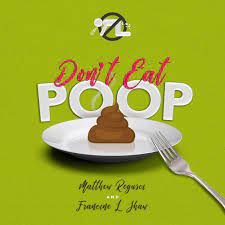The Importance of Proper Documentation in Food Inspections

The Lewiston, Maine, city council has voted to keep its local restaurant inspection program following a three-month saga that saw the ouster of the town’s code enforcement director and threats to eliminate its restaurant health inspector position following the temporary closure of a popular local restaurant due to a cockroach infestation.
The events in Lewiston have brought back not so pleasant memories for others who have faced retaliation and ostracism for doing their jobs. On the most recent episode of the “Don’t Eat Poop” Podcast, entitled “Good Job! You’re Fired,” co-host Francine Shaw recounted her own experience as she and Matt Regusci shared why this hits so close to home for many inspectors and auditors.
Earlier in her career, Shaw served as a health inspector in a small town, where she was called before the city council after closing a local restaurant for multiple violations. “The owner had friends on city council, and I got called in front of the council to defend myself,” said Shaw. “I went with all kinds of documentation including the inspection reports, images of the violations and documentation about what could happen based on the violations I found.”
As she described the violations and shared images of the cockroach infestation, mold in the ice trays and more, she saw the faces of the angry councilors, several of whom were regular patrons of the restaurant, change. “When I was finished, the council and the general public that came to defend this restaurant and attack me, there was nothing for them to say,” Shaw said.
While the council ultimately supported her decision, as they did in Lewiston (thanks to several restaurants who came out to support the inspector), situations like these are not unknown to inspectors and auditors. They also highlight the importance of proper documentation for all audits or inspections. “I’ve been threatened with lawsuits, but we do third-party auditing, so these are not publicly available documents,” said Regusci. “We investigate, and if the auditor was correct we say, ‘We are not settling, we are going to court and then all these auditing reports will become public.’”
Listen to the full episode here: